A Passage to India at Park Theatre
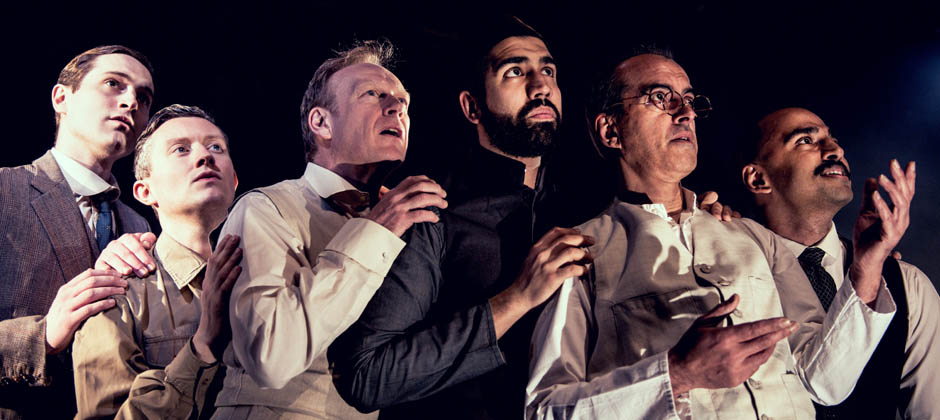
EM Forster’s elegant prose style, one of the greatest features of his work, is always going to be hard to transfer to any play based on a novel by him. Simon Dormandy’s adaptation of A Passage to India does its best, often allowing actors to leave the strict bounds of their characters and become their own narrators, but it can’t sustain the beauty and economy of Forster’s writing. Overall, however, the result is accomplished and entertaining, with a remarkable sense of place on a bare set.
The story centres around a group of English people living in India, and the native Indian people around them. Dr Aziz, a Muslim doctor who befriends the Englishman Cyril Fielding, is accused of assaulting Adela, the prospective fiancée of an Anglo-Indian bureaucrat, on a trip to the Marabar caves, a local landmark. The play asks how friendship and love can exist across a divide, particularly one as potent as that created by colonialism.
The characters, all in their own way fumbling and searching for some kind of greater truth – as Forster’s characters always are – are vividly portrayed by the cast. Asif Khan and Richard Goulding are particularly good as Aziz and Fielding, their sense of camaraderie and mutual enjoyment of each other’s society clear, and the faint tinges of the author’s homoeroticism can be felt. Liz Crowther is also excellent as the kindly Mrs Moore, but Phoebe Pryce as Adela has a tendency to jerky delivery and her most emotional moments feel rather forced. Directed by Dormandy and Sebastian Armstrong, the whole cast, using minimal props of boxes, sticks, and cloth, create the scenery on an otherwise mainly blank stage, and do so with remarkable effect. The creation of an elephant is a wonderful touch, and the climactic setting of the Marabar caves, with their immense echo, is handled surprisingly successfully. The cast’s repetition of words and transformation of them into the same echo sound works well, but doesn’t have enough power to support the number of times it has to be repeated. The final scenes bring a welcome burst of colour, as well, and the Hindu festival is portrayed with warmth and joy. A highlight of the whole performance is the music, composed by Kuljit Bhamra, which enhances the sense of place and the drama immensely.
The production is sadly let down by its need to hurry through everything. There is little time to linger or contemplate, and Forster in the original has the power to invite much meditation, despite his delicacy. Nonetheless, the play communicates its themes well, and shows off some excellent stagecraft.
Juliet Evans
Photo: Idil Sukan
A Passage to India is at Park Theatre from 20th February until 24th March. For further information or to book visit the theatre’s website here.



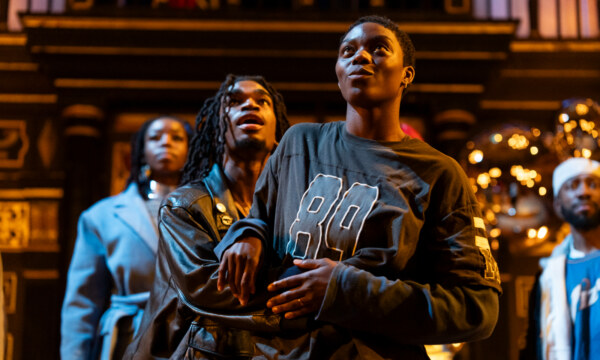
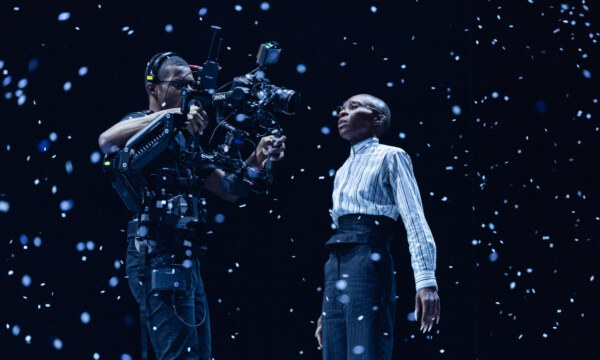
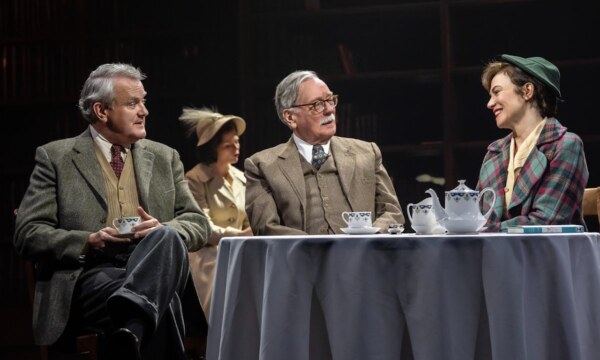

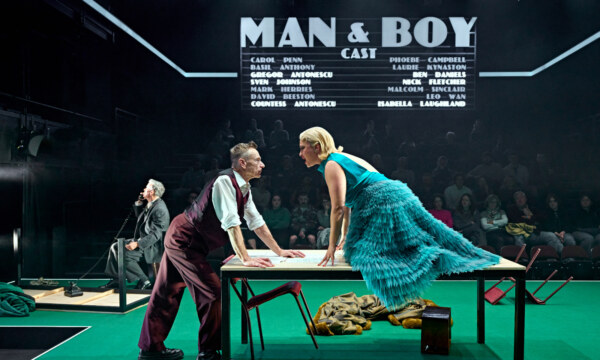

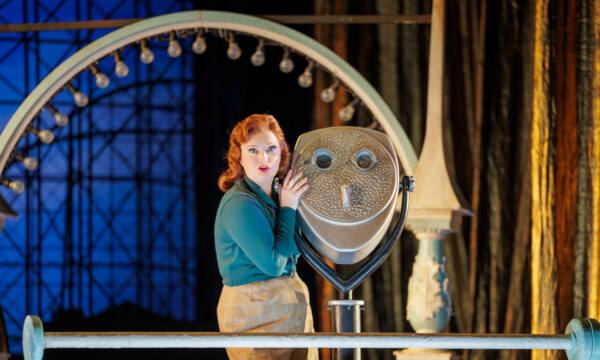

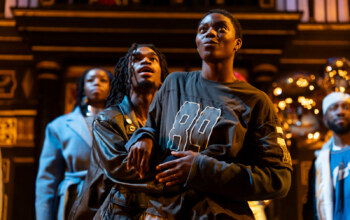

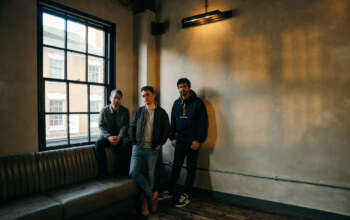











Facebook
Twitter
Instagram
YouTube
RSS